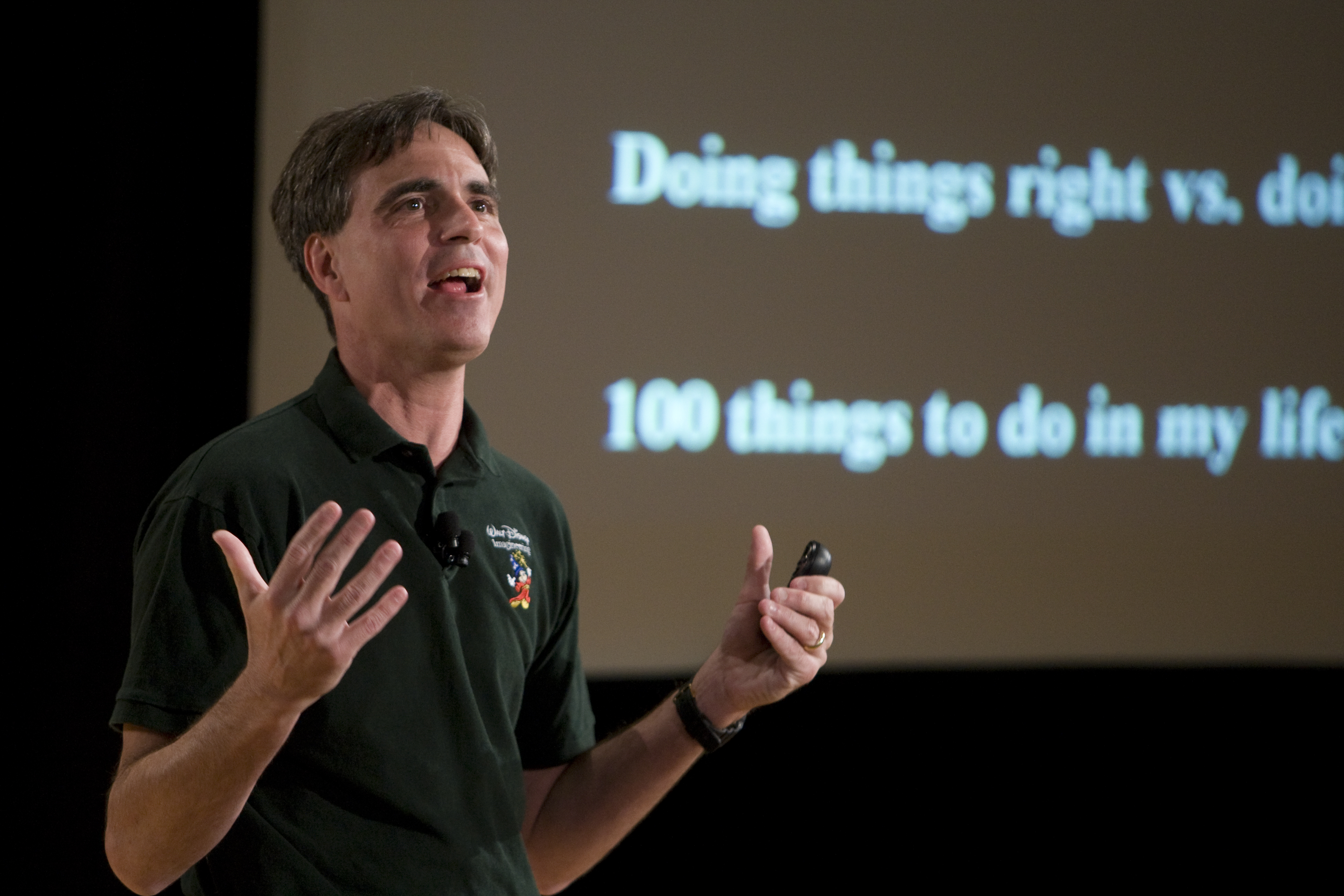This post lists what I believe are the most effective strategies to reduce the impact of jet lag. It evolved out of a document I wrote for a friend who sought my advice. A few of these tips are copied from Wiseman (2014); most of the other ones are based on a couple of hours of research using Google and Google Scholar.
Category Archives: Self-help
The best resources on becoming more productive
Of all the resources on productivity that I’m familiar with, these are the ones I’ve found most useful. If you think I’m missing something, please let me know.
The resources are listed in rough descending order of usefulness. I recommend going through these resources one at a time, starting from the first one, and proceeding to the next one only after you have succeeded in implementing at least the most valuable bits of advice.
- Randy Pausch, Time management [transcript; slides; my summary]
- Scott H. Young, The little book of productivity [my summary]
- Nick Winter, The motivation hacker
- Piers Steel, The procrastination equation [Luke Muehlhauser’s summary]
- Peter Hurford, How I am productive
- Cal Newport, The art of the finish
- Ozan Onay & Ash Fontana, 100 ways to get more done
- Steve Kamb, 5 ways to instantly become more productive
Anki deck and Google Form for The Feeling Good Handbook, by David Burns
I have created a public Anki deck [archived] including “cognitive distortions”, “ten ways to untwist your thinking”, and “ways to challenge automatic thoughts”, from David Burns’s The Feeling Good Handbook. I have also created a Google Form based on Burns’s “Daily Mood Log“. If you suffer from anxiety, depression or some related mood disorder, this may help.
Summary of ‘Time management’, by Randy Pausch

Randy Pausch’s lecture on time management is, in my opinion, the best presentation on productivity techniques ever recorded. I have watched the talk at least half a dozen times, I learned something new and important on each occasion. The summary below leaves out the funny jokes and engaging stories, focusing exclusively on the actionable bits of advice.
Good essays by Luke Muehlhauser no longer available at lukeprog.com
When Luke Muehlhauser updated his website at the end of 2011, many of his essays ceased to be available. I tried to persuade him to put them back online, but I didn’t succeed. Fortunately, the Internet Archive keeps cached versions of the old site, and the essays can still be accessed there. Here are links to the ones I found most useful:
- Conquer Rejection by Not Eating the Moon
- How to Speed Read
- The Art of Plain Talk
- How to Write for the Web
The old site also featured a section on Self-help Guru Ratings. Years ago, I recommended this list to a friend of mine, with the following comment:
I actually clicked on every single review to see which authors were rated positively (only Cudney, Dunnan, and Gilbaugh were, I believe). Maybe he errs on the side of harshness, but at least this criterion makes you quite confident that if a book managed to please him it probably has something good to offer. Elsewhere on his site, he also praises John T. Reed’s book Succeeding.
Update: Peter Hurford points out that “The Art of Plain Talk” was reposted to Common Sense Atheism.
